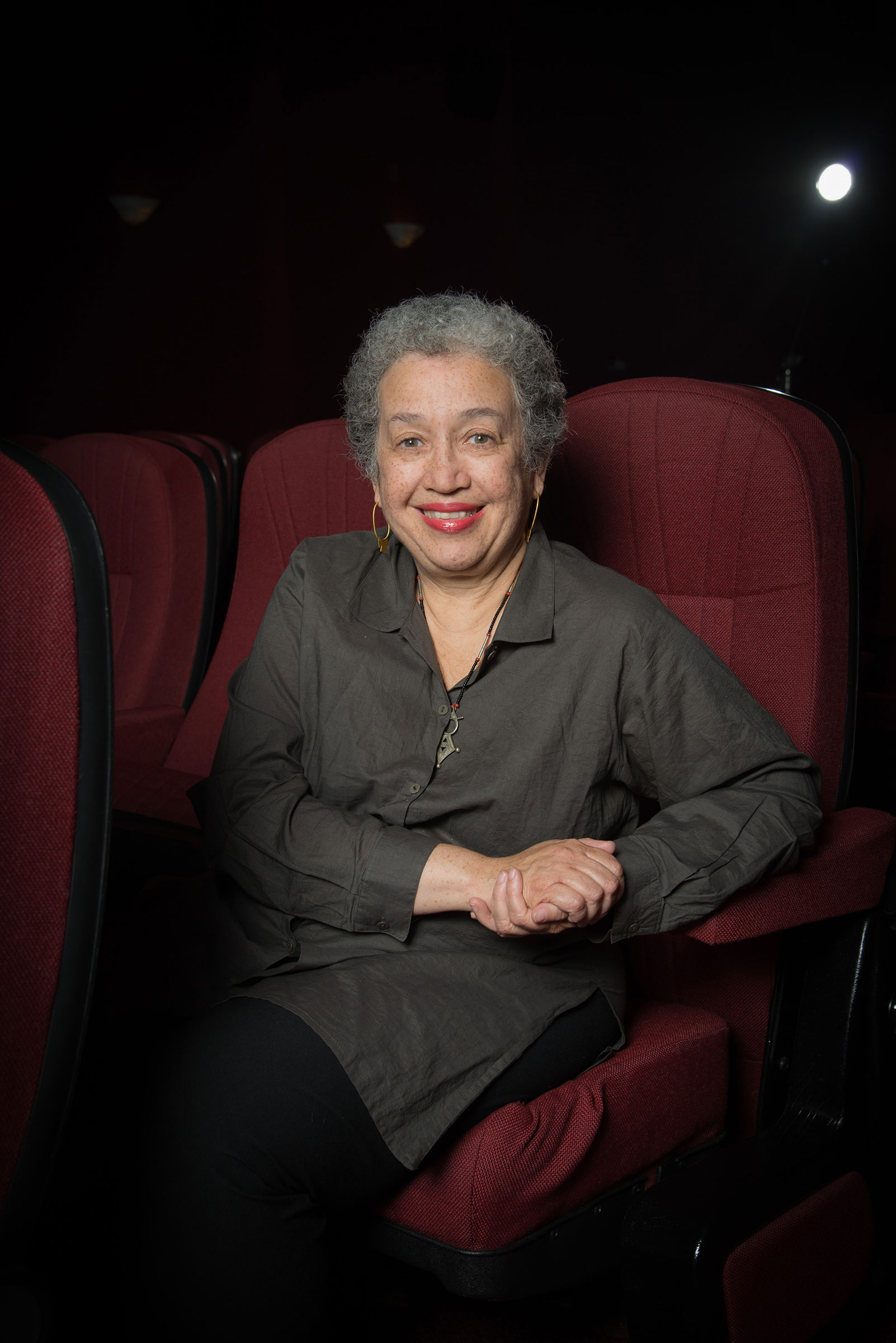Lillian Benson, BFA Art Education ’70, is an acclaimed television, video, and feature film editor whose Emmy-nominated and Peabody Award-winning work has focused on documentaries on the African American experience. Her editing work includes Eyes on the Prize II (1990), Beyond the Steps: Alvin Ailey American Dance Theater (2006), Get in the Way: The Journey of John Lewis (2015), and Maya Angelou: And Still I Rise (2016). Her directorial debut was All Our Sons: Fallen Heroes of 9/11 (2004), a documentary short on the Black firefighters who died at the World Trade Center. She recently completed her second film, Amen: The Life and Music of Jester Hairston, on the choral arranger who popularized and preserved the Spiritual.
In 2017, she was honored with Pratt’s Alumni Achievement Award. In addition to her work on films, she has served as an educator, including as an adjunct professor at the University of Southern California (USC). She is the first Black woman to be a member of the American Cinema Editors honorary society and currently co-chairs its Diversity in Editing Mentorship Committee. She also co-chairs the Motion Picture Editors Guild Diversity Committee and serves on the Film Editors Branch Executive Committee that gives feedback to the Academy Museum of Motion Pictures on its programming. For Giving Day, she shared how she first connected to Pratt while growing up in the neighborhood and attending Saturday Art School, and why nurturing the next generation of creativity is essential.
What inspires you to give to Pratt?
Pratt played a big part in my development as an artist. In fact, I was encouraged to explore filmmaking as a profession by my photography professor, Arthur Freed. At that time, Pratt only had one filmmaking class, and that was for industrial design students. So you can say Pratt pointed me in the direction of what turned out to be my ultimate career: a TV and film editor. I give to Pratt because I appreciate the financial support I received as a student. I want help to “refill the well” which sustained me.
You’ve mentioned that you grew up in Pratt’s neighborhood, how did that and attending Saturday Art School influence your pursuit of a creative career?
I helped make the Lincoln penny props for my second-grade class’ President’s Day play. I drew the image of Lincoln, which I transferred to make one penny for each student in the class. It was a family affair; we used the lid of a pot to make the circles and the kitchen table became the assembly line. After the play, my teacher suggested my mother send me to art classes and suggested Pratt’s Saturday Art School. Both my sister and I attended classes for several years. Every weekend we got to explore crafts, painting, and making collages. Art became part of my consciousness and ultimately my life.
Has being a teacher influenced your work in film and television?
At Pratt, I minored in education and went on to teach briefly in the New York City public school system. Over the years, I was also an adjunct film professor at the School of Visual Arts, Columbia College Hollywood, and the USC School of Cinema Studies. Sharing our professional experiences and knowledge with young people is very important. I think it helps us in the day-to-day work we do because it forces us to explain what we do and how we do it. So much of the work of creating is intuitive and internal. It seems unnameable. But sharing ideas and speaking about the work clarifies our own creative process. I no longer have time to teach but I always make time to mentor.
What do you see as the importance of a creative education now?
Creative education has the potential to bind us together. In times of greed, division, and fear, it becomes even more important. The arts and music are universal and have the power to heal us if we would just let them.
Join the Pratt community on 3.22.23 for Giving Day! For 24 hours, we will dedicate attention to supporting student scholarships, programs, and experiences that make Pratt special. Visit donate.pratt.edu.
